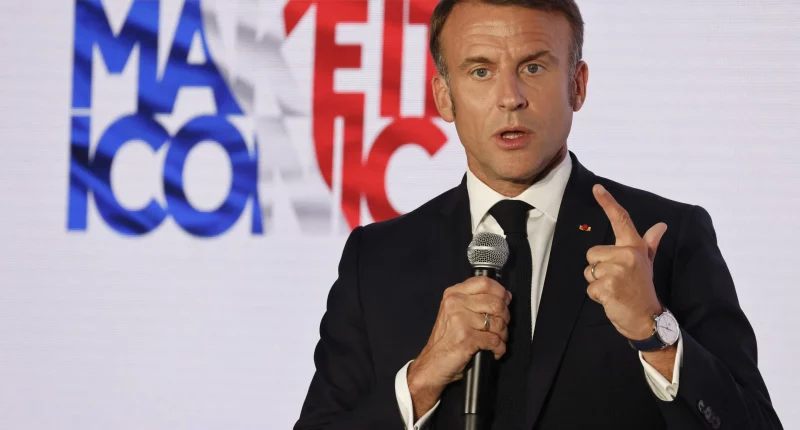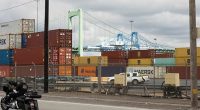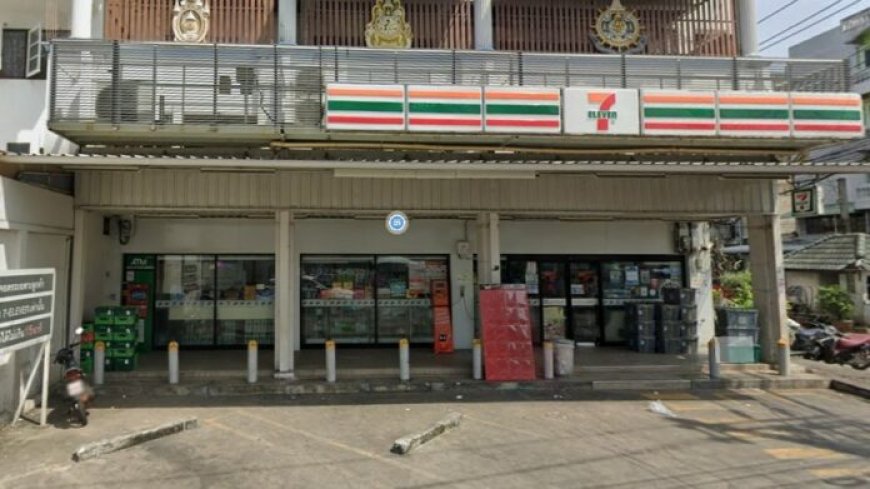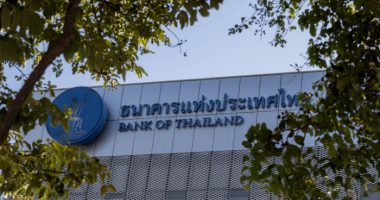French President Emmanuel Macron recently met with top U.S. financiers in an effort to address France’s fiscal challenges and reassure investors amid growing concerns about the country’s economic outlook. The meeting, held during the U.N. General Assembly in New York, gave a candid view of France’s financial situation, including the potential for tax hikes to reduce the deficit.
Macron’s Pitch to Wall Street: Addressing France’s Fiscal Challenges
As France faces mounting economic pressure, Macron met with a group of Wall Street executives to provide insight into his government’s plans to tackle the budget deficit. The meeting aimed to ease concerns about France’s deteriorating fiscal outlook and outline potential measures to restore financial stability.
Key Players at the Table
The more than one-hour meeting included 13 senior financiers and asset managers from major firms such as Goldman Sachs and Blackstone. Notable attendees included Goldman Sachs President John Waldron and Blackstone CEO Stephen Schwarzman. Macron, who has a background as an investment banker, used his experience to speak frankly about France’s economic state.
Transparency About France’s Fiscal Issues
During the meeting, Macron was open about the potential need for tax increases to address the deficit. One participant shared that Macron acknowledged the likelihood of tax hikes to fund the country’s budget but reassured investors that his primary focus was on reducing government spending.
The French Deficit: How Macron Plans to Tackle It
France’s budget deficit is a major concern, with speculation mounting that it could exceed 6% this year. Macron’s government is under pressure to address the situation, especially as foreign investors own around 50% of France’s overall government debt—a significantly higher proportion than other Eurozone countries.
A Shift in Fiscal Policy
Macron’s discussions included the possibility of temporary tax increases, which would be a notable shift from his previous tax cuts for large corporations. He urged investors not to overreact to any potential tax changes and emphasized that they would be targeted and temporary measures to consolidate public finances.
The Impact on Business Investments
Despite the challenges, Macron promoted France as an attractive destination for investment. He stressed his continued efforts to foster a pro-business environment and encouraged multinational companies to expand their presence in France.
Investor Reactions and Concerns Over France’s Borrowing Costs
Macron’s meeting came at a time when France’s borrowing costs had surpassed those of Spain, signaling investor concern. While traditionally seen as a less risky country, the increasing costs reflect a degree of uncertainty about France’s economic future.
No Concrete Promises, But a Proactive Approach
While Macron was transparent about France’s challenges, he avoided making any specific promises to the investors present. However, his proactive approach in meeting with business leaders indicates a focus on maintaining France’s credibility with the international investment community.
Budget Solutions and Upcoming Tax Adjustments
The meeting took place shortly before Prime Minister Michel Barnier announced plans to reduce the deficit to 5% by 2025 through a combination of spending cuts and temporary tax hikes on corporations and wealthy individuals. The proposed fiscal adjustments are seen as necessary steps to stabilize the economy.
Looking Ahead: Macron’s Vision for France’s Economic Future
Beyond the immediate budget concerns, Macron also discussed broader issues such as artificial intelligence, nuclear energy, and regulations, signaling his long-term vision for France’s economic competitiveness.
Macron’s Focus on Innovation and Energy Policy
Macron emphasized the importance of advancing technology and sustainable energy solutions as key drivers for France’s future growth. These discussions reflect his broader strategy to position France as a leader in sectors critical to the global economy.
Maintaining Investor Confidence
Macron’s efforts to reassure investors demonstrate his commitment to maintaining France’s standing as a competitive and financially stable nation. By addressing immediate fiscal concerns and outlining his long-term plans, Macron is working to bolster investor confidence during a period of economic uncertainty.
H1: Conclusion: Macron’s Strategy to Balance Fiscal Responsibility and Economic Growth
President Macron’s candid discussions with Wall Street executives highlight the balancing act between addressing France’s budget deficit and maintaining a pro-business environment. As France navigates economic challenges, Macron’s proactive engagement with international financiers will be critical in shaping the country’s fiscal future.









